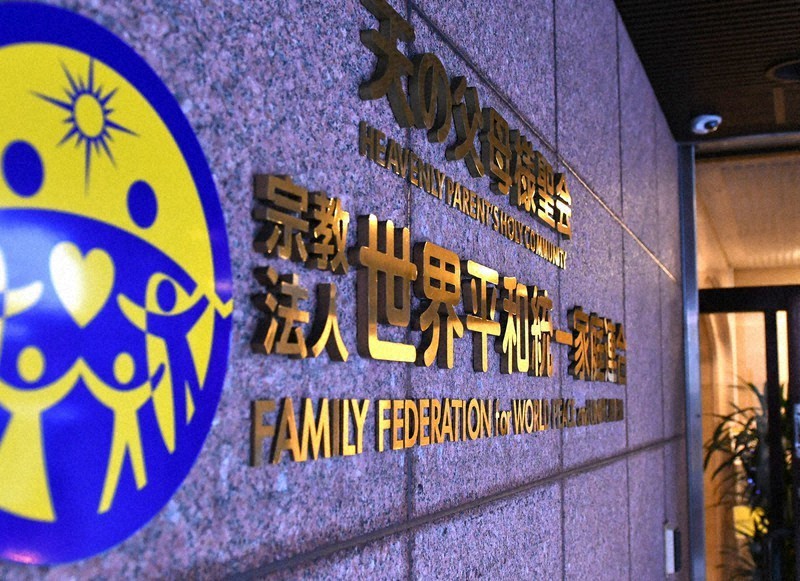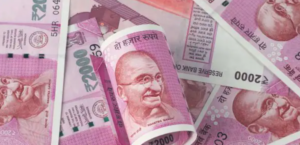The Japanese arm of the Unification Church strongly criticized the Japanese government on Monday for seeking a court order to dissolve the organization. They argue that the request is founded on unfounded allegations and poses a significant menace to the religious freedom and human rights of its adherents.
This action stems from a recent decision by Japan’s Education Ministry, made public on Friday, in which the ministry requested the Tokyo District Court to withdraw the legal status of the Unification Church. The ministry’s investigation concluded that the group had systematically manipulated its members for decades, coercing donations, instilling fear, and causing harm to their families.
This investigation followed months of public outcry and scrutiny over the group’s fundraising and recruitment practices, particularly after the assassination of former Prime Minister Shinzo Abe last year. The assailant in Abe’s assassination case purportedly had links to the church and held it responsible for his family’s financial ruin.
Nobuo Okamura, the head of the church’s legal affairs department, expressed deep disappointment and regret regarding the government’s request. He stated, “We view the request for a dissolution order as a grave development, impacting not only freedom of religion but also human rights.”
The government’s request is for the court to issue a dissolution order, which would strip the Unification Church of its status as a religious organization. This process will involve hearings and appeals from both sides and could potentially extend over several months or even years.
The Unification Church’s legal representative, Nobuya Fukumoto, has criticized the government for not specifying the exact law that the group allegedly violated and has pledged to vigorously contest the case in court.
If the church loses its legal status, it can continue to operate but will no longer benefit from tax exemptions granted to religious organizations, leading to financial challenges. Some experts and advocates for victims have cautioned against any attempts by the church to conceal its assets in anticipation of a court decision.
The church is concerned that this unusual dissolution request is damaging its reputation, according to Susumu Sato, a spokesperson for the group, which is officially known as the Family Federation for World Peace and Unification. Church officials claim that followers and their families have faced harassment in their workplaces and schools.
Decades of close connections between the Unification Church and Japan’s ruling Liberal Democratic Party were revealed following the assassination of former Prime Minister Shinzo Abe. These revelations have eroded support for Prime Minister Fumio Kishida’s government.
The Unification Church was granted legal recognition as a religious organization in Japan in the 1960s during an anti-communist movement that received support from Abe’s grandfather, former Prime Minister Nobusuke Kishi.
The church acknowledges past issues with excessive donations but claims that they have been addressed for over a decade. They have also committed to implementing further reforms.
It is noted by experts that Japanese followers are asked to make payments for the sins of their ancestors during Japan’s colonial rule of the Korean Peninsula from 1910 to 1945, and a significant portion of the church’s global funding comes from Japan.
In Japan, only two other religious organizations have had their status revoked: the Aum Shinrikyo doomsday cult, responsible for a sarin nerve gas attack on the Tokyo subway in 1995, and the Myokakuji group, whose executives were convicted of fraud.
(Source: Kathleen Benoza | Japan Times | Mari Yamaguchi | Associated Press)









